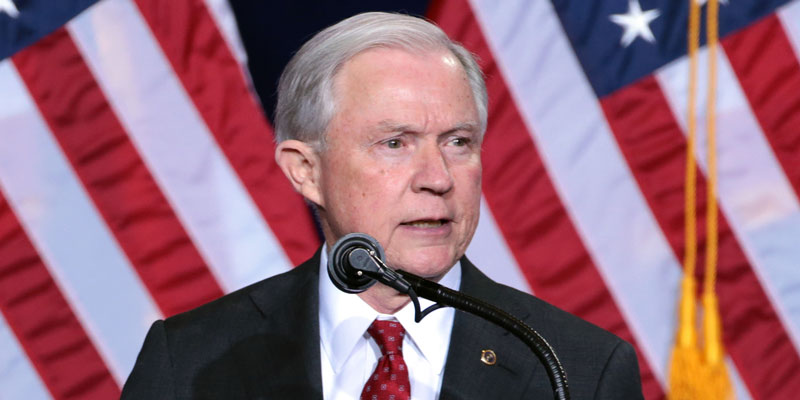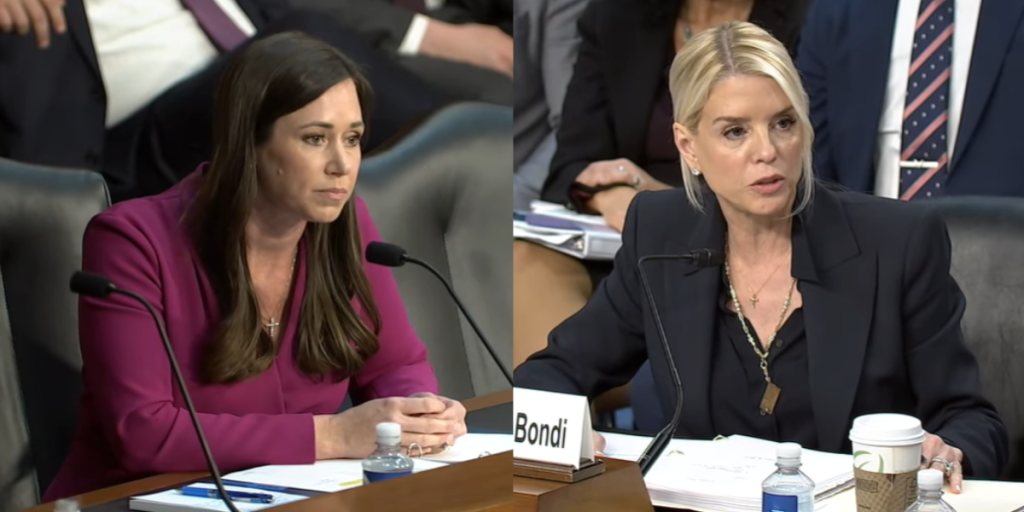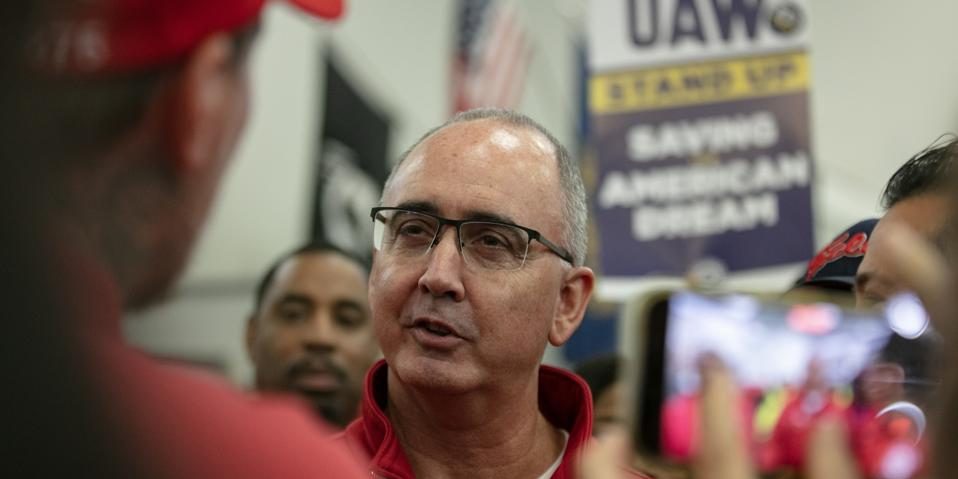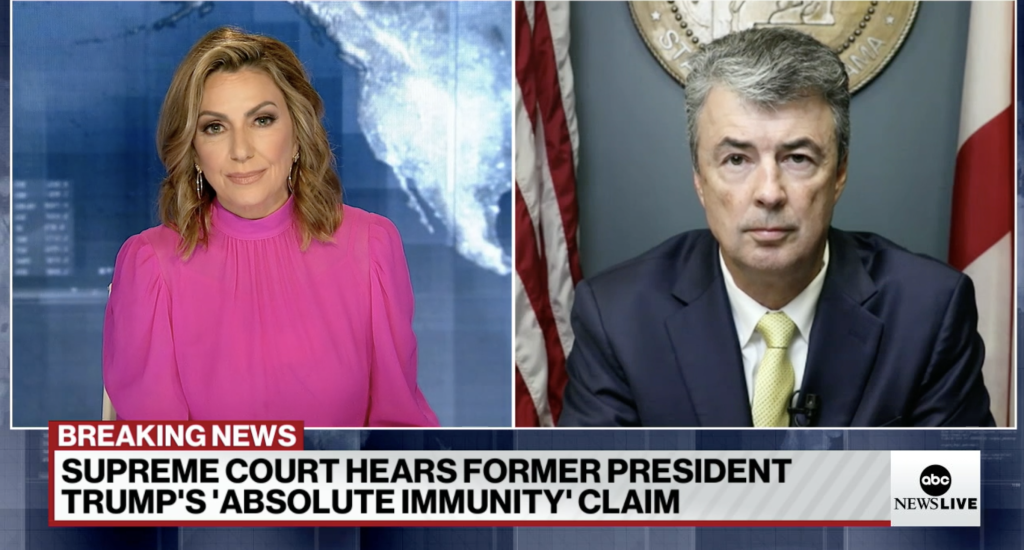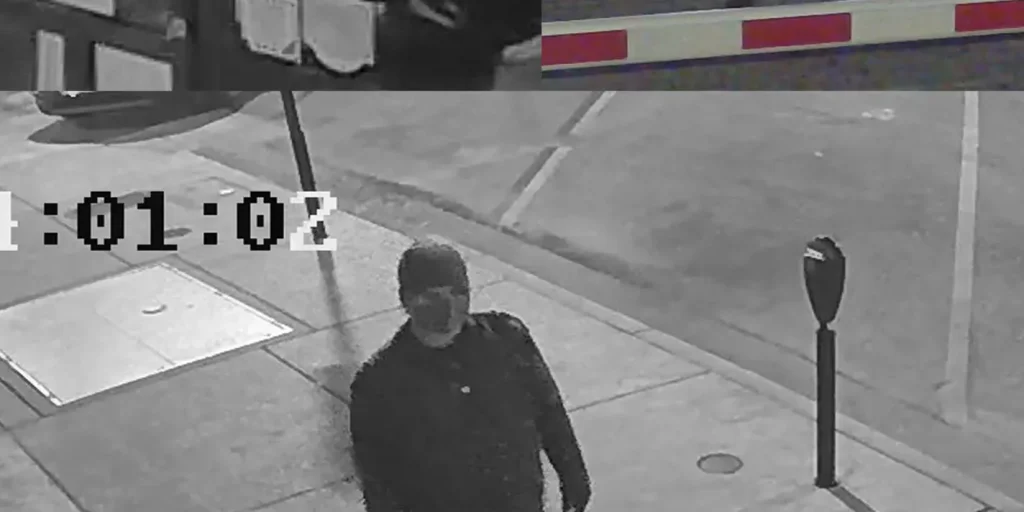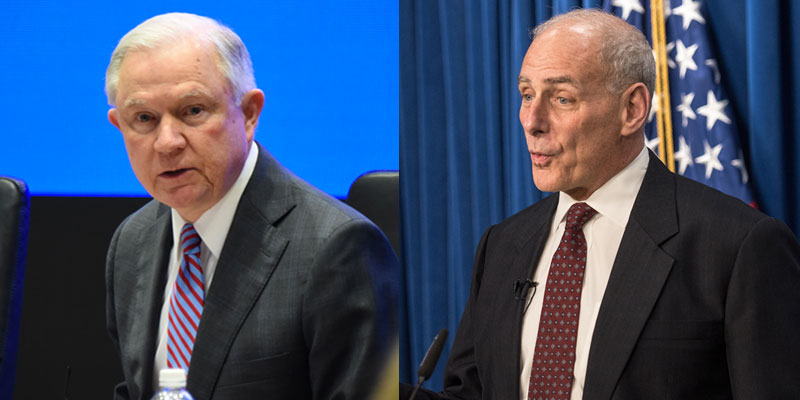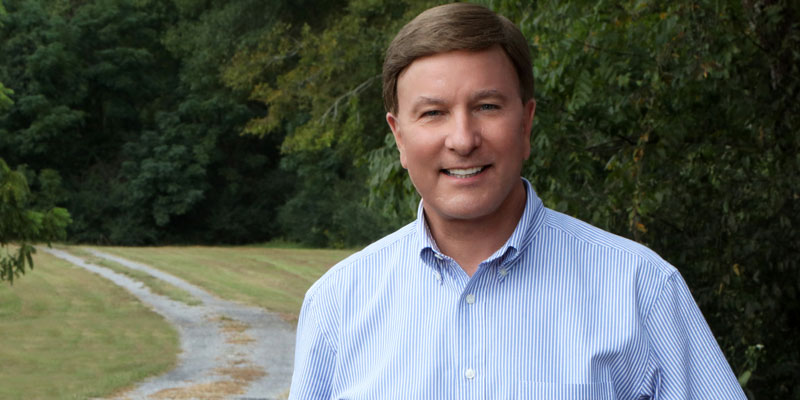During remarks at a forum on combating wildlife poaching and trafficking last month, Attorney General Jeff Sessions vowed to devote “every available resource” to bringing to justice the individuals responsible for the illegal wildlife trade around the world.
“The United States views the poaching and trafficking of protected wildlife as a threat to good governance, a threat to the rule of law, and a challenge to our stewardship responsibilities for this good earth,” Sessions said. “Ending this criminality, with its devastating consequences, is a worldwide conservation imperative.”
Last year, President Donald J. Trump signed an executive order directing the Department of Justice to prioritize wildlife tracking as part of its overall efforts against transnational organized crime. Sessions said the DOJ is embracing that mission.
“Poachers, wildlife smugglers, and black market merchants operate all over the world,” he said. “Their criminal networks cross borders, transport their illegal goods worldwide, and sell them to the highest bidder. The United States government, wherever possible, will take action with our partners worldwide to disrupt and dismantle these criminal networks.”
The Department of Justice estimates that the illegal wildlife trade generates as much as $23 billion in annual revenue. Just one kilogram of a rhinoceros horn can fetch up to $70,000 on the black market. The horn is particularly sought after in Asia where it is an ingredient used in traditional medicines.
The illegal trade has driven the population of African elephants — which numbered 1.3 million just a few decades ago — down to fewer than 400,000 today. The Asian tiger population has plummeted over 90 percent.
To combat this growing issue, the Trump administration announced $90 million in funding to counter-wildlife trafficking programs. Sessions also laid out a multi-part plan for the effort going forward.
“First, we need to close the markets to these products,” he said. “Second, we need to cut off the flow of financing to the traffickers and poachers and their criminal benefactors. … Third, we must do more to cut off the traffickers’ transportation routes—on air, land, and sea—and block their use of the darknet to facilitate illegal trafficking of all types. … Fourth, we need to take a closer look at extradition laws and agreements. It should be exceedingly difficult, if not impossible, for poachers and smugglers in one country to escape prosecution by fleeing to other nations. … Fifth, we need to consider enhancing criminal penalties for those who engage in this illegality… Sixth, we need to find new and better ways to tackle wildlife challenges in the nations the U.S. State Department has identified as ‘countries of concern’ and ‘focus countries.’”
Interior Secretary Ryan Zinke, a longtime conservationist, also recently announced plans to increase the number of criminal investigators at American embassies, and President Trump’s new U.S.-Mexico-Canada Trade Agreement included a provision for increased customs inspections, which the countries believe will combat wildlife trafficking.
The government’s aggressive approach has already reaped some results. A California man was recently arrested trying to sell black rhino parts to a federal agent posing as a taxidermist.
Activists are hoping the United States’ leadership on this issue will result in other countries following suit.
“The US is an indispensable global leader in combating wildlife crime in terms of resources, influence, and on the ground support overseas,” Crawford Allan of the World Wildlife Fund said. “But the challenge of wildlife trafficking that conservation, enforcement, private sector and communities face is getting bigger every year. … The U.S. needs to encourage other nations to join them with significant contributions.”




